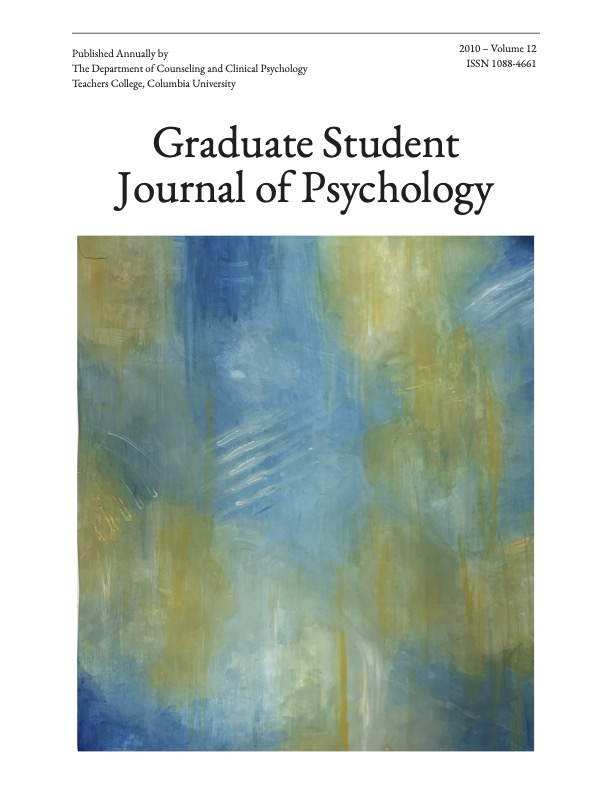Impact of an Elderspeak In-Service Training on Resident Well-Being, Self-Esteem, and Communication Satisfaction
Main Article Content
Abstract
Elderspeak, or "baby talk" directed at older adults, is a patronizing speech pattern believed to reinforce negative stereotypes of aging, deprive older adults of meaningful interactions, and erode their well-being. A brief communication in-service training based on Williams, Kemper, and Hummert (2003) was presented to nursing home staff to replace elderspeak with more helpful communication behaviors. Resident - staff interactions were coded, and impact of the training on the residents' communication satisfaction, self-esteem, and well-being was assessed across three time periods. A separate unit of untrained staff and residents served as a comparison group. Significant reductions in the proportion of interactions containing features of elderspeak were observed for the trained staff, along with significant increases in resident satisfaction, well-being, and self-esteem.
Article Details
Section
Articles

This work is licensed under a Creative Commons Attribution-NonCommercial 4.0 International License.
How to Cite
Bradford, L. S., & End, C. M. (2010). Impact of an Elderspeak In-Service Training on Resident Well-Being, Self-Esteem, and Communication Satisfaction. Graduate Student Journal of Psychology, 12, 14–22. https://doi.org/10.52214/gsjp.v12i.10868

